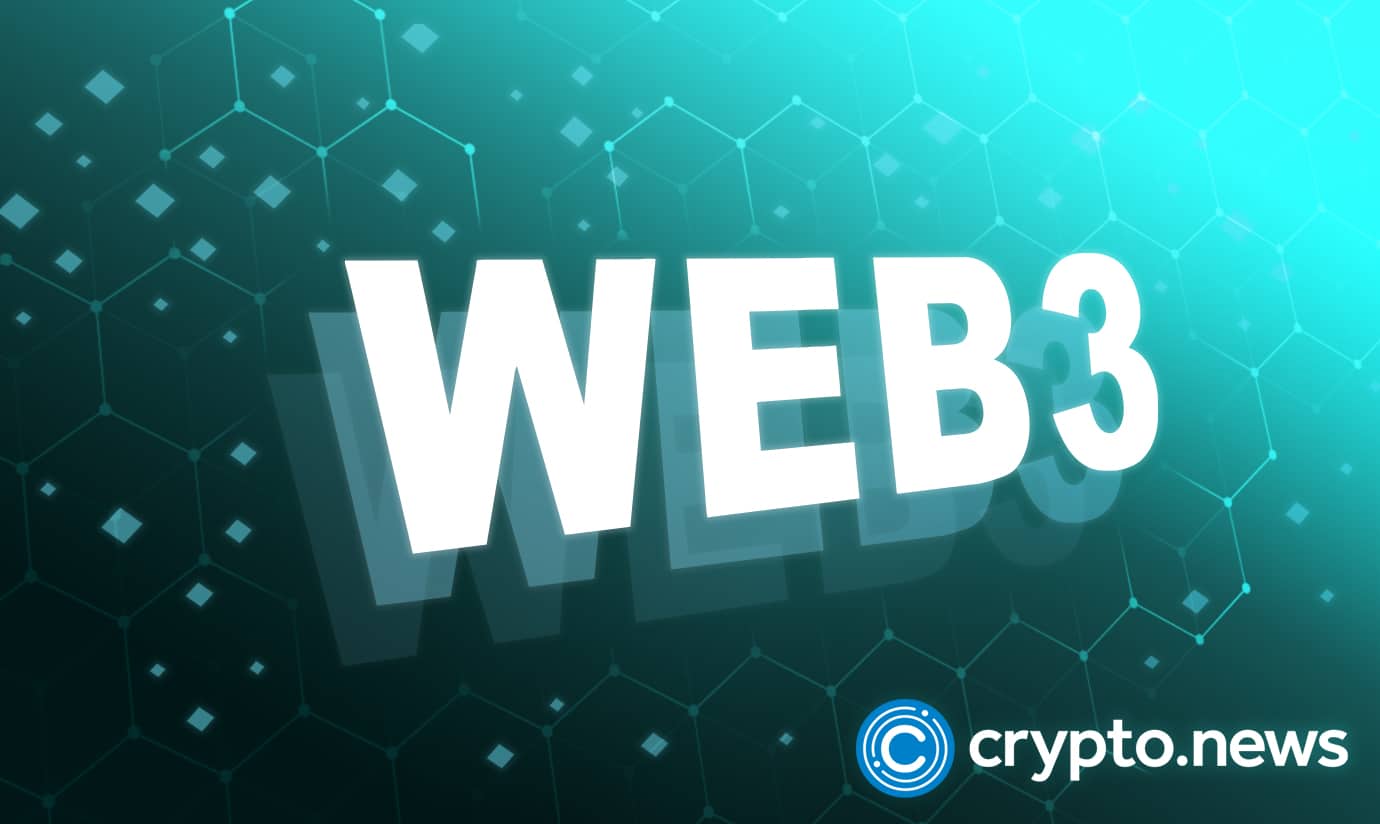Zero-Knowledge Proof Add Support for Blockchain and Web3 Authentication

The Zero-Knowledge Proof, also called the ZKP protocol, is a platform designed to create interaction between blockchains utilizing little information transfer. In the blockchain ecosystem, ZKP limits the amount of information shared during the authentication process.
Blockchain And Web3 Welcomes ZKP Protocol
With the rapid advancement in information sharing between public chains, the application of Zero-Knowledge Proof is being explored to expand the blockchain ecosystem. The constant demand for information sharing between parties and the need to limit the amount of information shared makes it more complex.
However, the ZKP protocol preceded the development of blockchain technology despite being used to enhance the latter’s efficiency. Thus, developers created Zero-Knowledge Proof due to the advancement in cryptography.
Blockchain technology adoption has gained traction by both public and private entities and can be used to verify claims from individuals.
Authorities using blockchain technology in public institutions can also integrate the ZKP protocol alongside the existing system. The immigration office may, for example, issue a key to serve as a passport. With this, ZKP can be used to verify the claim of citizenship without showing the passport number or the name of the supposed citizen.
Multi-dimensional functionality like this can blend seamlessly with Web3 and blockchain applications. Moreover, decentralized entities can use the ZKP protocol to determine several claims already captured by the blockchain identity system. It offers a well-rounded and secure method of validating information while maintaining the privacy of users.
Unlike other cryptographic platforms, ZKP uses a simple algorithm with no interaction between the transacting parties. Blockchain and Web3 developers have recognized the ability of ZKP to increase confidentiality, which is mainly lacking in the cryptography industry.
The Workings of Zero-Knowledge Proof
Accordingly, Zero-Knowledge Proof as an encryption system allows parties to prove the validity of information about one another. In this case, both get to know the required information about something without disclosing further details.
In the operation of the ZKP protocol, the first part, known as the prover, indicates to the other, the verifier, that the prover has some information to share without revealing anything else.
In the digital realm, the prover will offer some commitment to the verifier, which will elicit a reaction from the verifier. In response, the verifier may challenge the prover to validate the earlier commitments. If the prover satisfies the demands of the verifier, the verifier can then trust the initial statement of the prover.
Simply put, it is like a website trying to verify a user’s login details without transferring the password to a server that is prone to a hacking attack.
In the blockchain and Web3 space, ZKP has a wide range of applications that the majority of networks can choose to adopt. One exciting use of the ZKP protocol is to complement the existing authentication process.
For example, if a user can show that a password is truly his without revealing many details about the number or letter combination, then accessibility would become seamless.













